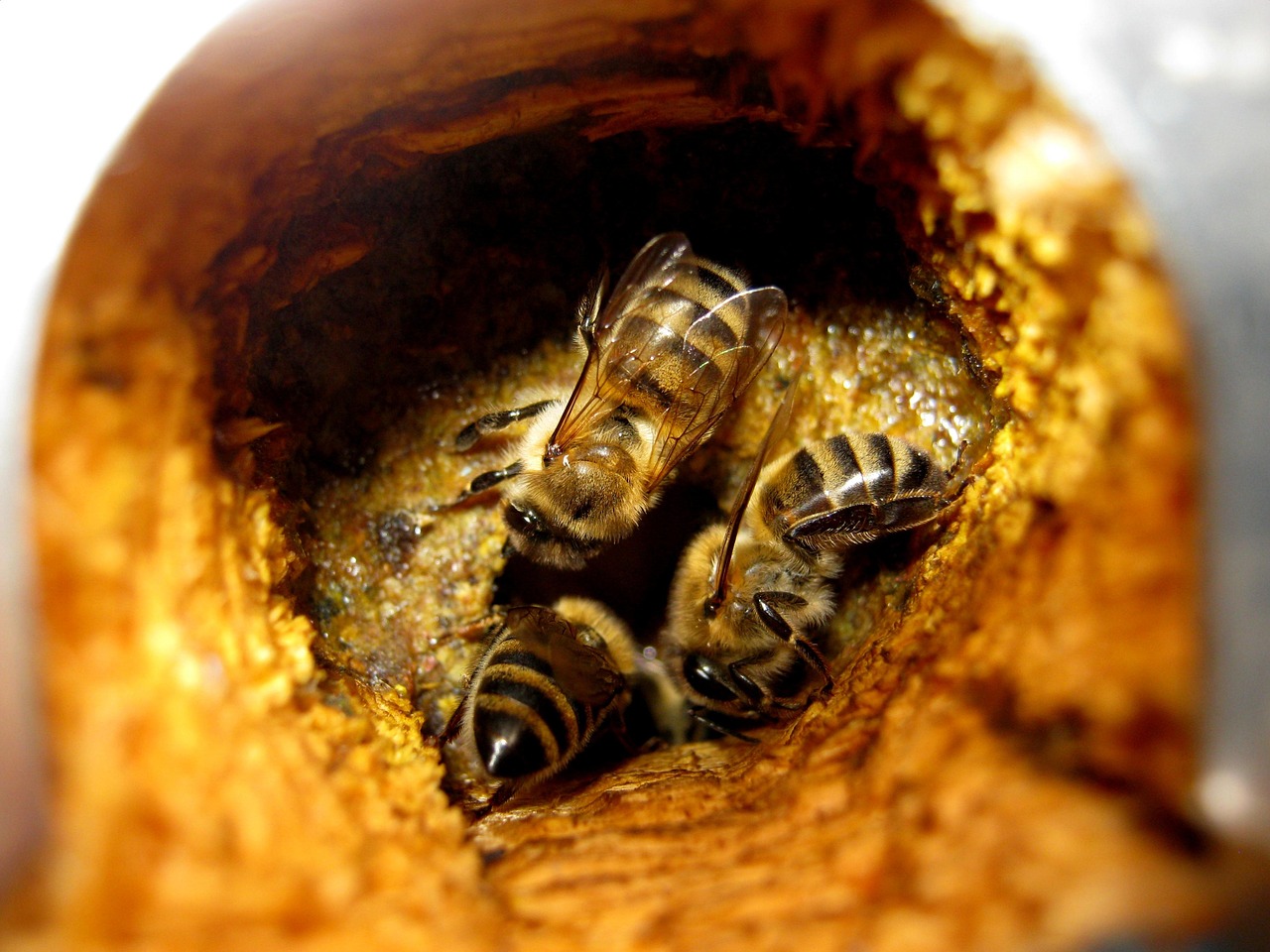Unraveling the Mysteries of Bee Propolis: Nature's Potent Protector
The intricate world of beehives holds many wonders, but perhaps none as fascinating as propolis. This remarkable substance, often overlooked in favor of honey, is a powerhouse of natural protection and healing. From its ancient uses to modern applications, propolis continues to captivate researchers and health enthusiasts alike.

The Ancient Origins of Propolis
The use of propolis dates back thousands of years, with evidence of its application found in ancient civilizations across the globe. Egyptian hieroglyphs depict the substance being used in mummification processes, while Greek and Roman physicians documented its healing properties. The term propolis itself is derived from Greek, meaning defense of the city - a fitting name for a substance that plays such a crucial role in protecting the beehive.
In medieval Europe, propolis gained popularity as a natural remedy for various ailments. It was used to treat wounds, sore throats, and even dental issues. This long history of human use speaks volumes about the efficacy and versatility of this bee-produced wonder.
The Complex Composition of Propolis
Propolis is far more than just a simple resin. Its composition is incredibly complex, containing over 300 different compounds. The exact makeup can vary depending on the geographic location and plant sources available to the bees, but generally includes:
-
Resins and balms (50-70%)
-
Waxes and fatty acids (30-50%)
-
Essential oils (5-10%)
-
Pollen (5%)
-
Other organic compounds and minerals
This diverse array of components contributes to propolis’s wide range of beneficial properties, including antimicrobial, anti-inflammatory, antioxidant, and immunomodulatory effects.
Propolis in Modern Medicine
While propolis has been used in traditional medicine for centuries, modern scientific research is now uncovering its potential in contemporary healthcare. Studies have shown promising results in various areas:
-
Wound healing: Propolis has been found to accelerate wound healing and reduce scarring.
-
Oral health: Its antimicrobial properties make it effective against dental plaque and gingivitis.
-
Immune support: Propolis may enhance the body’s natural defense mechanisms.
-
Cancer research: Some studies suggest propolis could have anti-tumor properties, though more research is needed.
These findings have led to an increase in propolis-based products in the health and wellness market, with estimated global sales reaching $500 million annually.
The Beekeeping Renaissance and Propolis Production
As awareness of propolis’s benefits grows, so does interest in sustainable beekeeping practices that prioritize propolis collection. Traditional beekeeping methods often focused primarily on honey production, with propolis considered a nuisance. However, a new wave of beekeepers is embracing propolis-friendly hive designs and collection methods.
These innovative approaches not only yield higher-quality propolis but also contribute to overall hive health. By allowing bees to produce and use propolis more naturally, beekeepers are creating stronger, more resilient colonies. This shift in beekeeping philosophy represents a win-win scenario for both bees and humans.
Challenges and Future Prospects
Despite its potential, the propolis industry faces several challenges. Standardization of propolis products is difficult due to the variability in its composition. This inconsistency can make it challenging to conduct large-scale clinical trials and obtain regulatory approvals for medical use.
Additionally, as demand for propolis grows, there are concerns about sustainable harvesting practices and the impact on bee populations. Responsible sourcing and production methods are crucial to ensure the long-term viability of propolis as a natural resource.
Looking ahead, researchers are exploring new applications for propolis, including its potential use in food preservation, agriculture, and even materials science. As our understanding of this complex substance deepens, we may uncover even more ways to harness its remarkable properties.
The story of propolis is a testament to the intricate relationship between humans, bees, and the natural world. As we continue to unravel its mysteries, propolis stands as a powerful reminder of the untapped potential that exists within the realm of natural products. From ancient remedy to modern marvel, propolis truly is nature’s potent protector, offering a golden opportunity for innovation in health and sustainability.





